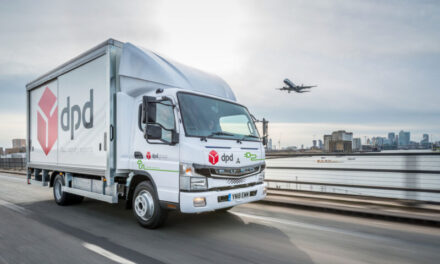Following Rishi Sunak’s announcement that he will delay the ban on petrol and diesel cars until 2035, EV makers will quickly feel a change in supply and demand. However, to remain competitive they need to adapt rapidly to this change. Mike Hitmar, Director at global supply chain software company e2open, explains how they can adapt to this change:
“EV manufacturers need to quickly address fluctuations in supply and demand as changes to legislation continue to impact the automotive industry. Automotive supply chains will need to be flexible to ensure reliable inventories and product availability in a changing market.
“Despite big players like Jaguar Land Rover already devoting entire sites to building EVs in the UK, manufacturers continue to deal with the complexity of new vehicle requirements and ongoing global shortages.
“As cars get smarter and more electrified, automotive supply chains can follow suit to mitigate the risk of stalling on the industry’s recent growth. A multi-tiered, connected supply chain and supporting technology that brings data together in one platform will help businesses to forecast potential disruption and take proactive action. This visibility will feed into inventory optimisation, where leaders can create aligned plans and make the best adjustment decisions in real-time.
“Ultimately, short-term fixes need to be combined with longer-term planning, allowing automotive leaders to effectively balance suppliers and future-proof their supply chain.”




